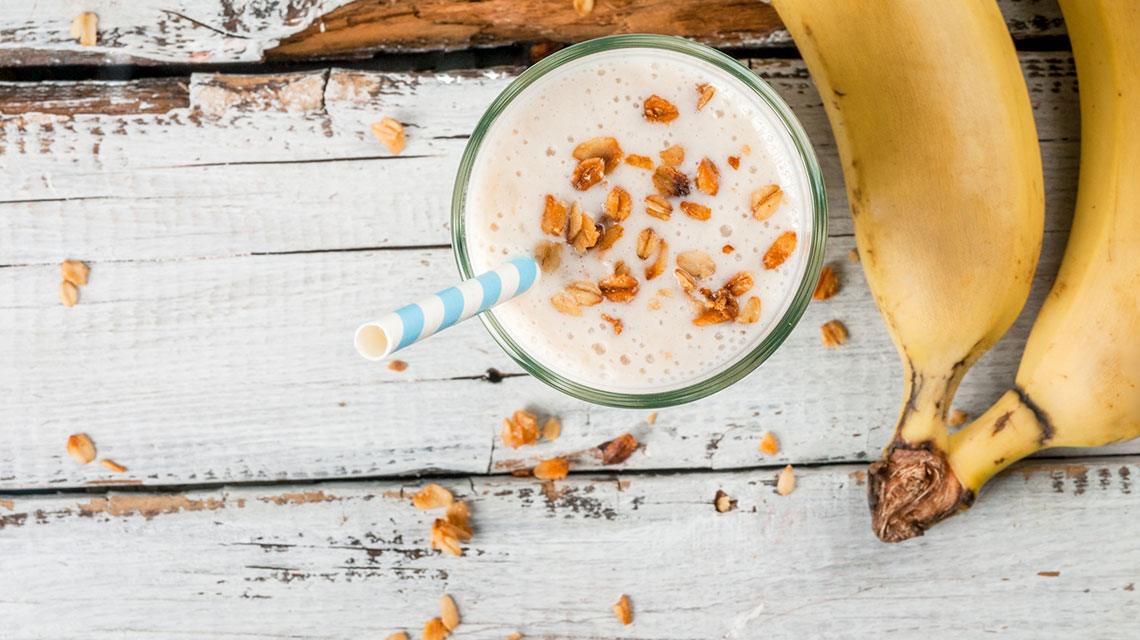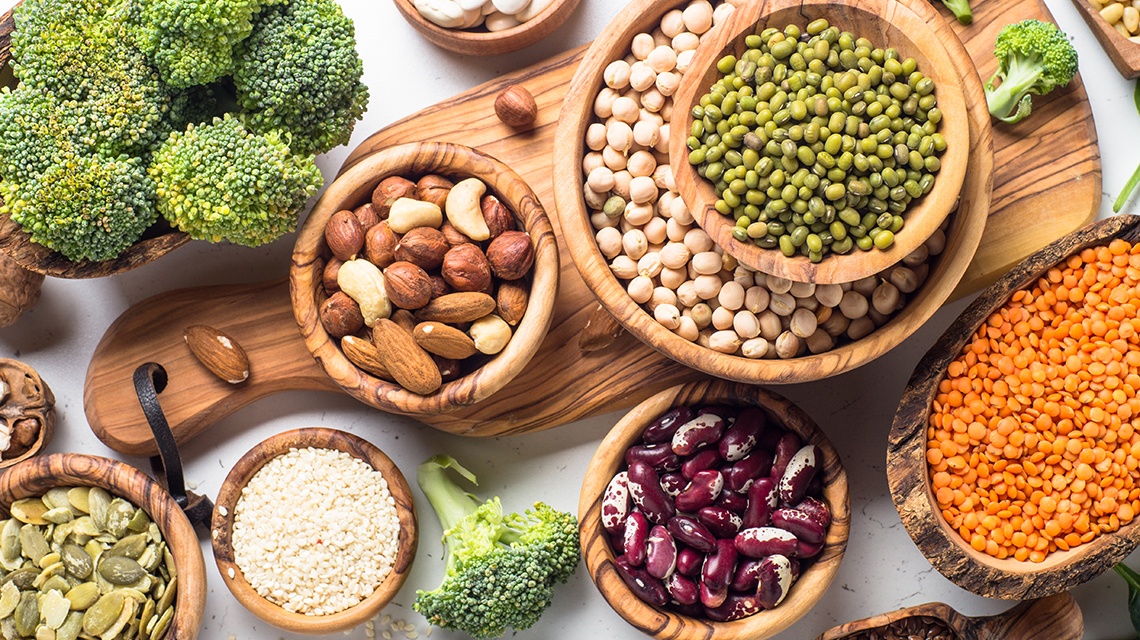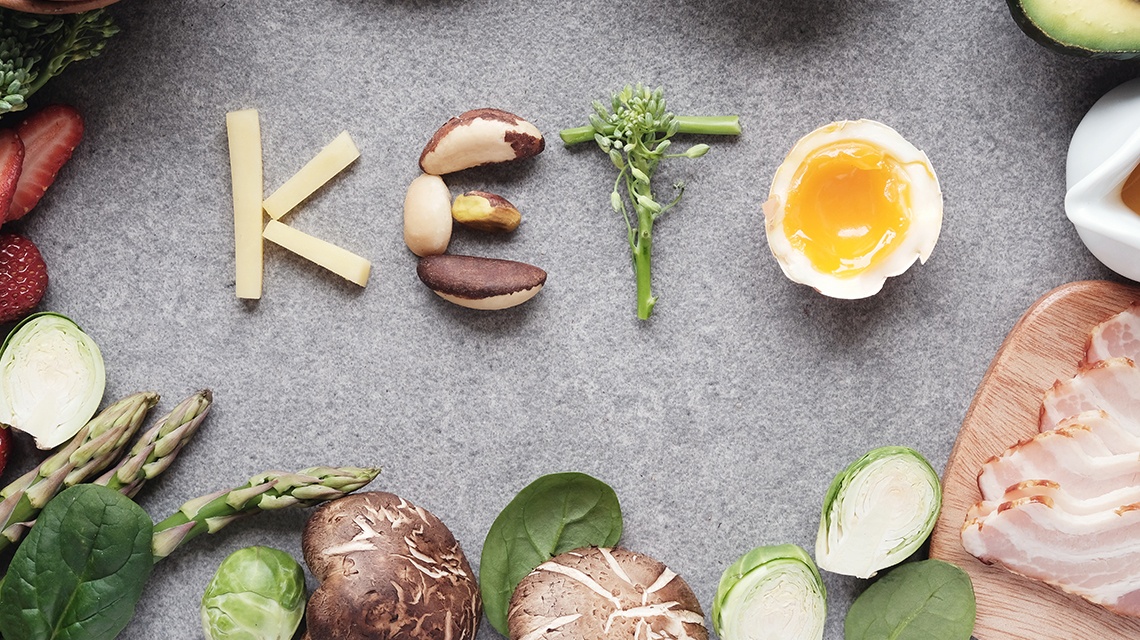
Let's celebrate Veganuary!
A Beginner’s Guide to Plant-Based Eating
January 2, 2024A Beginner’s Guide to Plant-Based Eating
January 2, 2024Maybe your body is suddenly asking for a change, or maybe you’ve been playing with the idea of going plant-based for quite a while ─ whatever the case, we all have to start somewhere. Adopting a plant-based diet represents a meaningful shift towards a lifestyle that not only benefits personal health but also contributes to a more ethical and sustainable world. In this beginner’s guide, we’ll give you some insights and ideas to dive into the essentials of plant-based eating and help make the transition that much smoother.
Understanding the Basics
Defining a Plant-Based Diet
Not necessarily strictly vegan, nor vegetarian ─ at its core, a plant-based diet simply centers around whole, unprocessed plant foods. Your plate will become a colourful array of fruits, vegetables, whole grains, legumes, nuts, and seeds. This dietary choice places an emphasis on natural, minimally altered foods while minimizing or excluding the intake of animal products.
Health Benefits
While every body is individual and has unique needs and preferences, there is a lot of excellent scientific evidence which indicates that a diet largely composed of whole foods can help reduce the risk of certain chronic diseases, have quite large fitness payoffs, reduce inflammation and increase energy levels.
The Ethical Dimension
Beyond the personal health benefits, choosing a plant-based diet reflects a commitment to ethical and sustainable food choices. This conscientious decision to reduce reliance on animal products contributes to a more humane and environmentally friendly food system.
Getting Started
Gradual Transition
Embarking on a plant-based diet doesn’t demand an abrupt overhaul ─ a gradual approach is often more sustainable. Start by incorporating plant-based meals into your routine while gradually reducing reliance on animal products. This method allows for a smoother transition, both physically and mentally.
Exploring Alternatives
Fortunately, the contemporary market is now brimming with plant-based alternatives that replicate the taste and texture of animal products. In the beginning, it can help to experiment with plant-based burgers, dairy-free milk, and other substitutes to help you discover new options and satiate any cravings that may arise from your previous eating habits.
Nutrient Considerations
Plant-Powered Protein
Dispelling the myth that plant-based diets lack sufficient protein, research shows that it is entirely feasible to meet the majority of your protein needs through a variety of plant sources. Incorporate powerhouses like beans, lentils, tofu, tempeh, and quinoa into your meals to ensure ample protein intake.
Essential Nutrients
Maintaining a well-balanced diet involves paying attention to essential nutrients such as vitamin B12, iron, calcium, and omega-3 fatty acids. Explore fortified options and foods rich in these minerals and compounds. If in doubt, consider supplements that can help bridge potential nutritional gaps and make this new lifestyle swap as sustainable for your system as possible.
Meal Planning Tips
Embrace Colour and Variety
Aim for a diverse, colourful plate by incorporating a spectrum of fruits and vegetables. This not only enhances the visual appeal of your meals but also ensures a broad range of nutrients, antioxidants, and flavours get infused into your eating.
Prioritize Whole Foods
In general, whole, minimally processed foods should take precedence over heavily processed alternatives in the plant-based realm. Just because something is vegan or vegetarian doesn’t mean it is healthy. A good rule of thumb is to embrace whole grains, fresh produce, and unprocessed plant foods to ensure that you are building a nutritionally rich diet foundation.
Navigating Social Situations
Communicate Effectively & Plan Ahead
In social settings or when you plan to dine out with others, communicating about your dietary choices helps you avoid winding up with a meal that is unsatisfying and leaves you feeling hungry and frustrated. Try expressing your dietary preferences respectfully beforehand, and check out the menu of the restaurant in advance to know if there are options that suit you.
Cultivate Culinary Curiosity
Exploring new cuisines and recipes is a delightful aspect of the plant-based journey. The world is full of delicious, plant-based dishes waiting to be discovered ─ become adventurous in your culinary endeavours and try new flavours and unexpected combinations.
Staying Healthy
Listen to Your Body
As you embark on this dietary shift, pay close attention to how your body responds. If needed, consult healthcare professionals or dietitians to ensure you’re meeting your nutritional requirements.
Prioritize Hydration
Amidst the focus on food choices, hydration should not be overlooked. Water is indispensable for overall health, and aids in digestion and nutrient absorption.
____________
Breakfast
Oats with dates, cinnamon, walnuts and banana
Lunch
Roasted cauliflower, sweet potato, broccoli and onion, with grilled tofu and brown rice
Dinner
Lentil pasta with homemade pesto, and a side salad of leafy greens, cucumber and bell pepper
Snacks
Apple and almond butter
Assortment of raw vegetables and hummus
Conclusion



